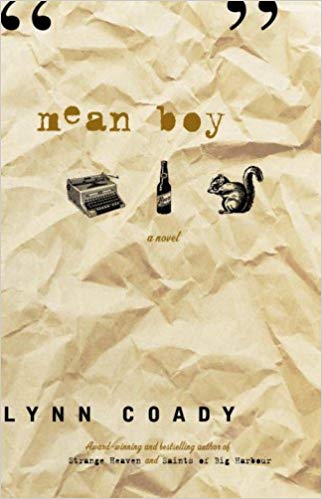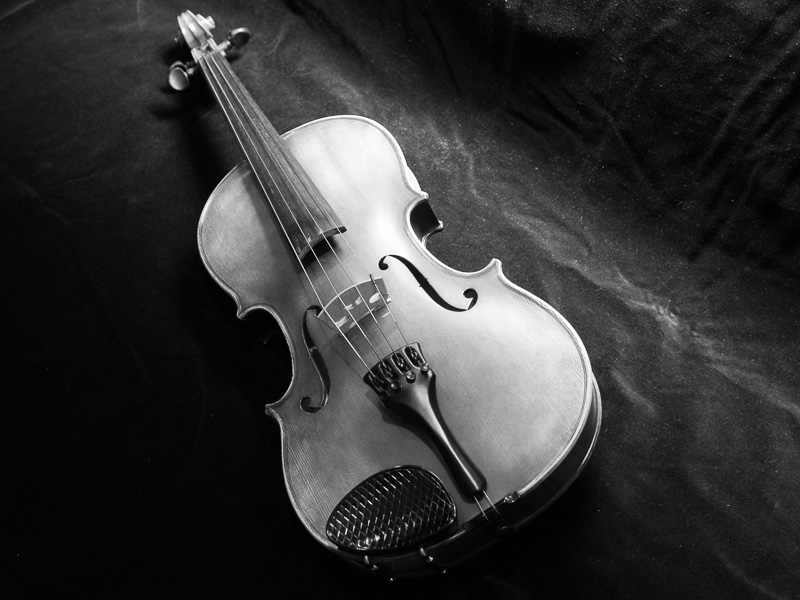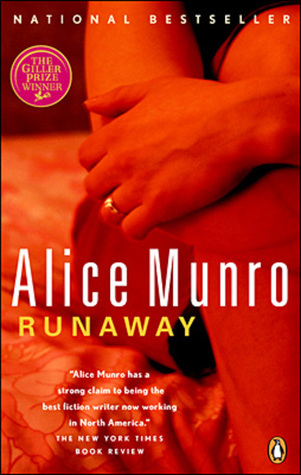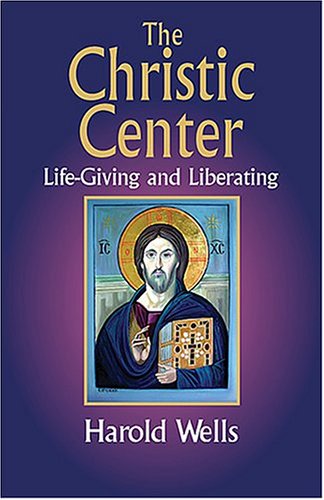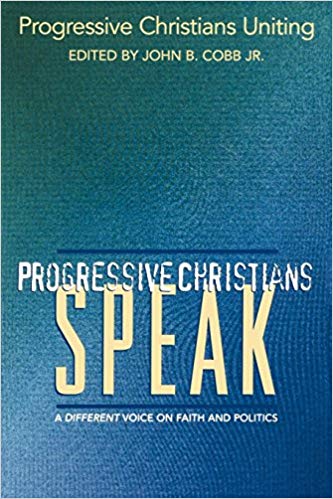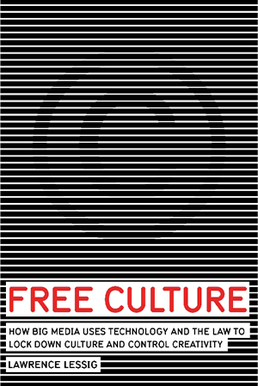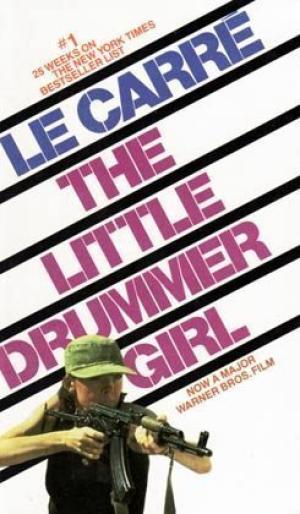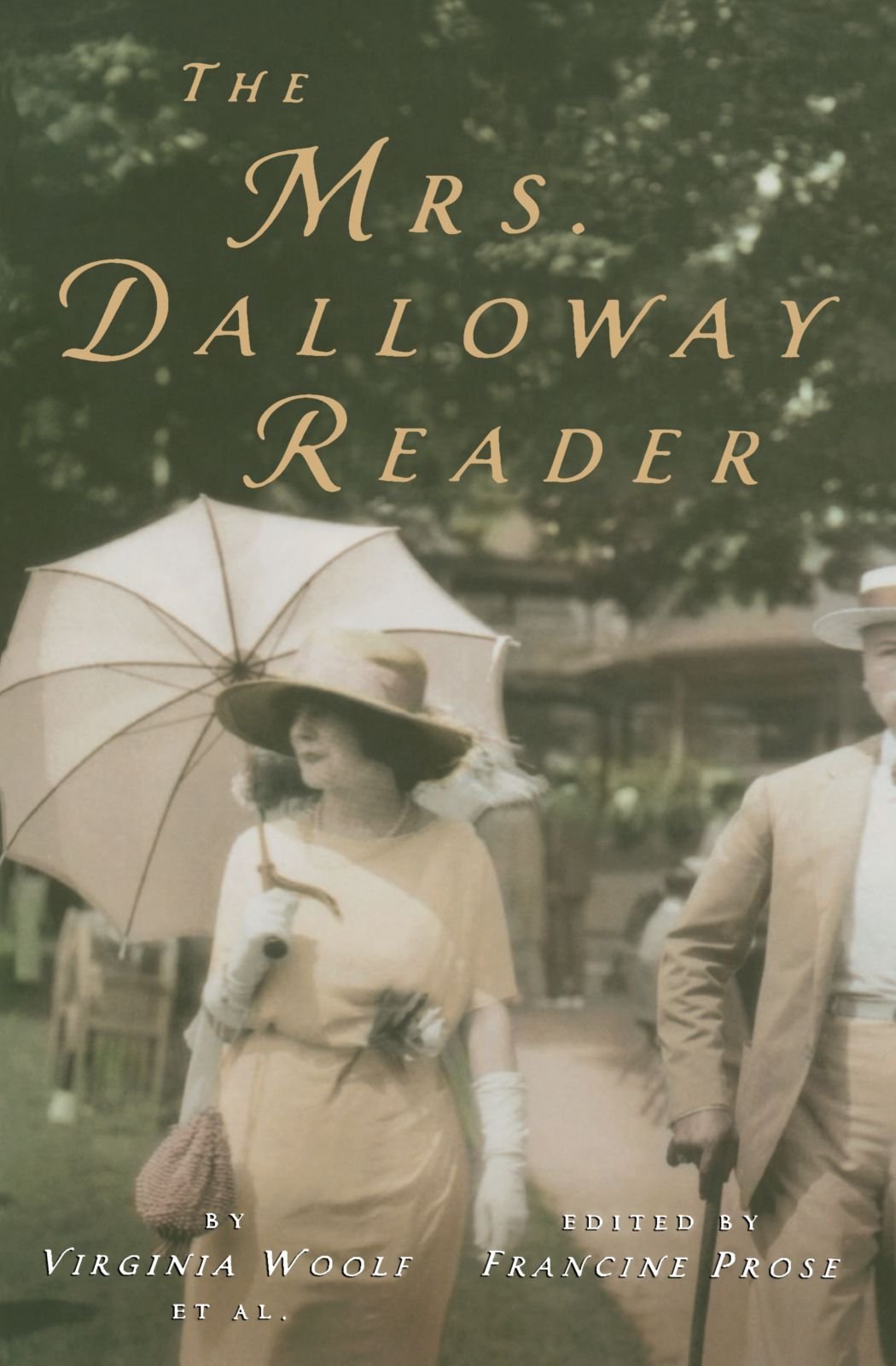Does bad religion produce bad writing? If we use Jill, by G.R. Spiecker, as a gauge, then the answer is yes. Jill is a tract of dubious Catholicism masquerading as dubious fiction. One can forgive an author his religion since, however it comes to him—whether by upbringing, cultish coercion, or even by grace—it lies beyond his control (at least in theory). But the sin of bad writing is unpardonable.
Tag: Review
Mean Boy, by Lynn Coady
With her third novel, Mean Boy, Lynn Coady takes several risks which leave the reader wondering: is this just another solidly crafted book? or might it qualify as something more substantial?
Not All Violins, ed. Charlotte Caron
This is not so much a book review as it is a reflection which uses a book as its point of departure. Not All Violins is written by the Barb Wire Collective, a group of women who gave themselves this name as an affectionate nod to a mentor, Barbara Elliott…
Convergence, yes, but my cell phone still sucks
Before Christmas, Rogers was advertising 6 months free on a 2 year family plan. With 2 teenagers who are getting harder and harder to keep track of, maybe it was time to join the 21st century and equip the whole family with cell phones.
Runaway by Alice Munro
So there I was, two weeks ago, lounging by the side of a pool in Punta Cana, reading Runaway, Alice Munro’s latest collection of short stories, when a woman in a bikini stopped at the foot of my chair and said: “I’ve started reading that, too. Just finished the first story. So what’s with the goat? Did the husband really kill the goat?”
The Wounded Storyteller by Arthur W. Frank
In anticipation of a new course I will be taking this term, Spirituality, Health & the Christian Life, I read one of the required texts, The Wounded Storyteller, just for a taste. I was stunned at how closely Frank’s account of illness matches my own experience and at how closely his language (he might call it his discourse) speaks to the way I orient myself to my world.
The Christic Center by Harold Wells
Professor Harold Wells, who teaches Systematic Theology in Toronto at Emmanuel College, has written a big book with a simple message: The Christic Center: Life-Giving and Liberating (Maryknoll: Orbis Books, 2004). In fact, the message appears clearly in the title.
Progressive Christians Speak, ed. John Cobb Jr
The book has 16 chapters each devoted to a distinct social justice issue. These issues fall into two broad categories: 1) domestic concerns such as religion and public schools, abortion, and the penal system; and 2) concerns arising from the global economy such as corporate responsibility, debt relief and environmentalism.
Copyright And The RIAA
Music creates strong associations which end up, through some organic process, becoming melded to our personal identity. This music is not “out there” as an object to be grasped for a time and then returned once we are done with it; this music is “our” music.
The Little Drummer Girl, by John Le Carré
A Le Carré spy novel is more than just another cheap paperback thriller. That is what we learn from the dust jacket of The Little Drummer Girl. According to the L.A. Times: “Le Carré’s ability to create character, dialogue and event approaches the amazing … THE LITTLE DRUMMER GIRL confirms without qualification his status as a writer of elegance and importance.”
Mrs. Dalloway
I must be maturing; I think I’m developing a deeper appreciation for Virginia Woolf. My first encounter with this author came when I was 18 and had to read Edward Albee‘s play, Who’s Afraid of Virginia Woolf in high school. I had no idea what Virginia Woolf had to do with the play, and so, because I didn’t know any better, I decided to read something by Virginia Woolf.

